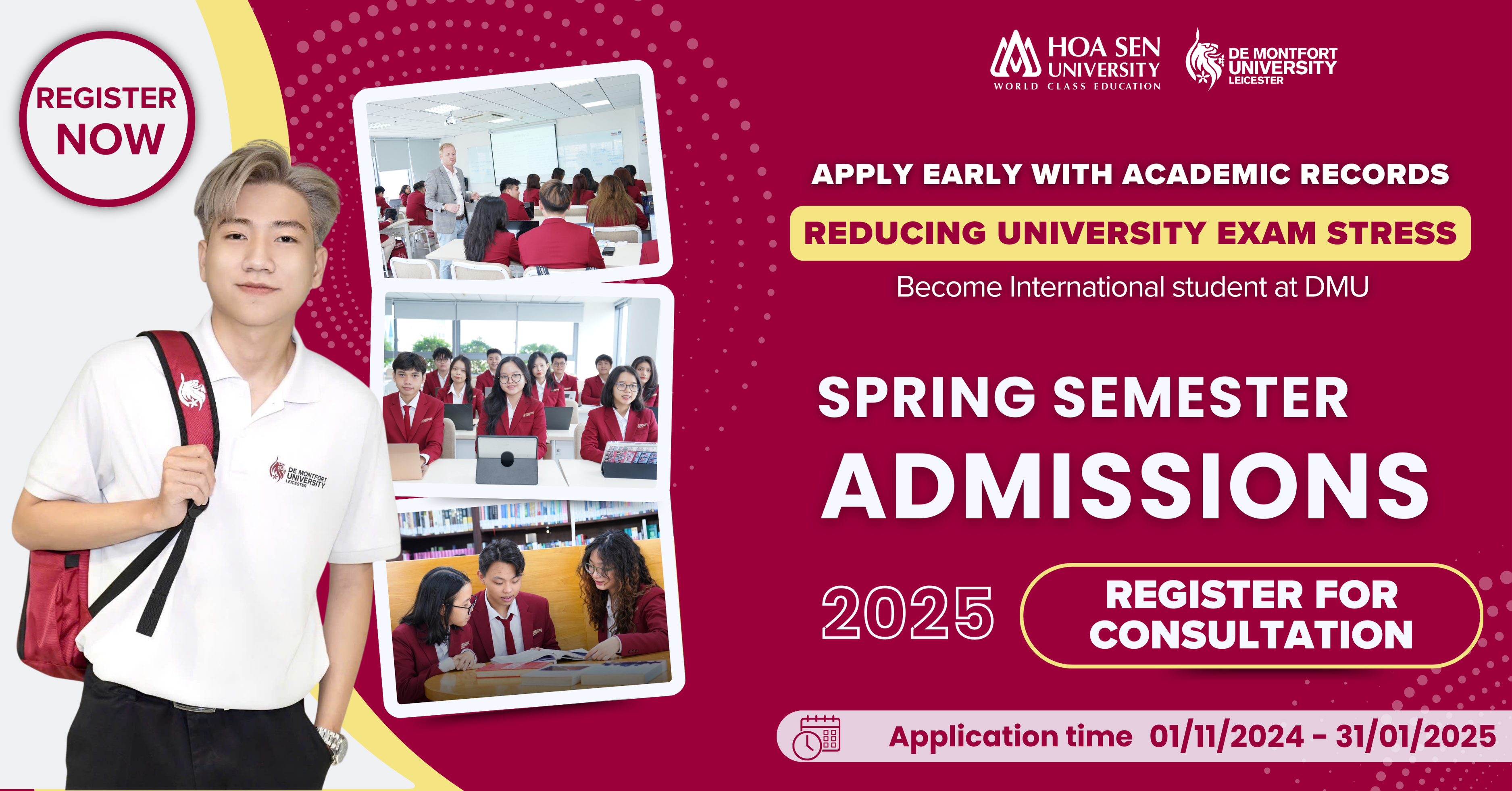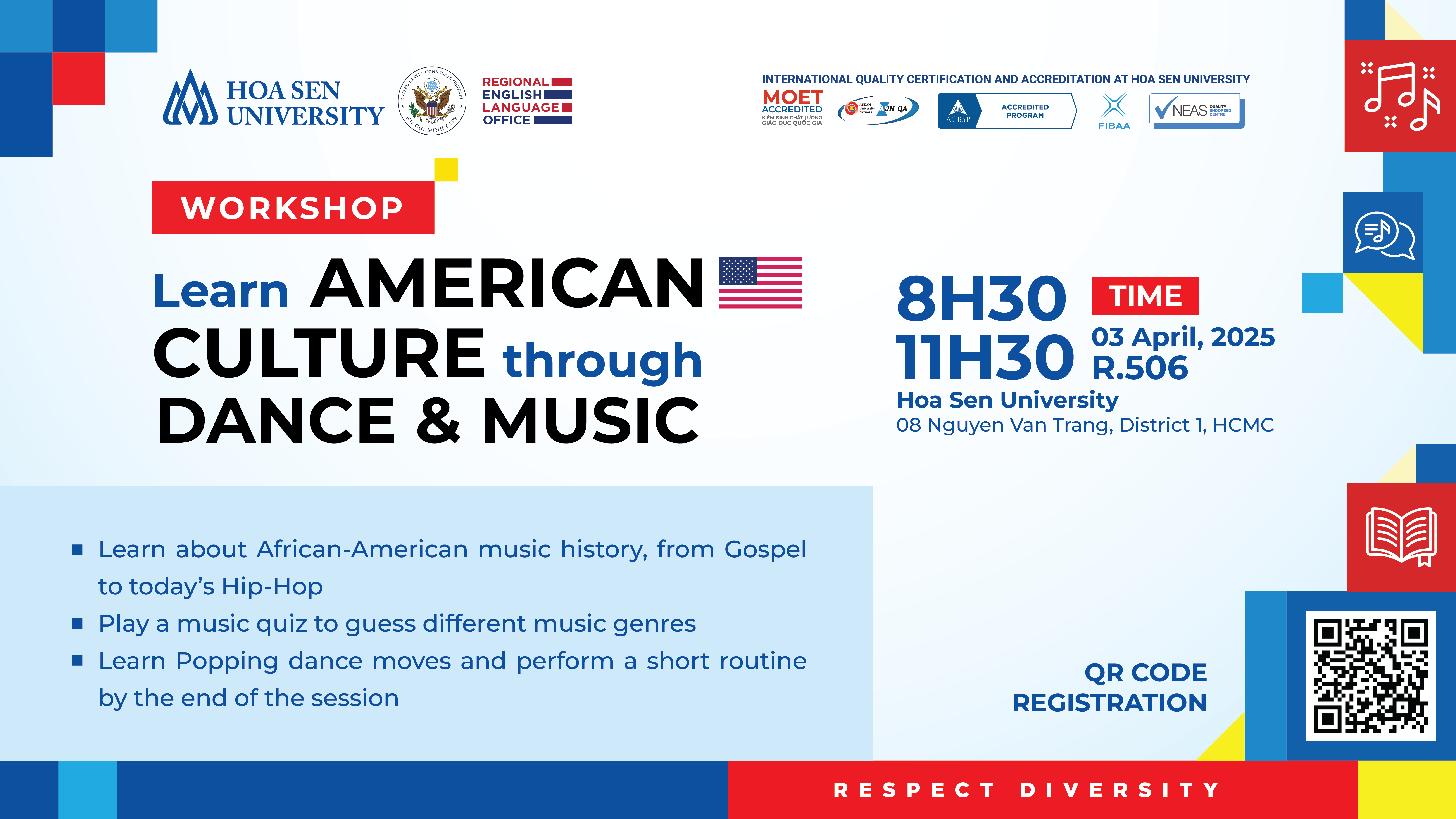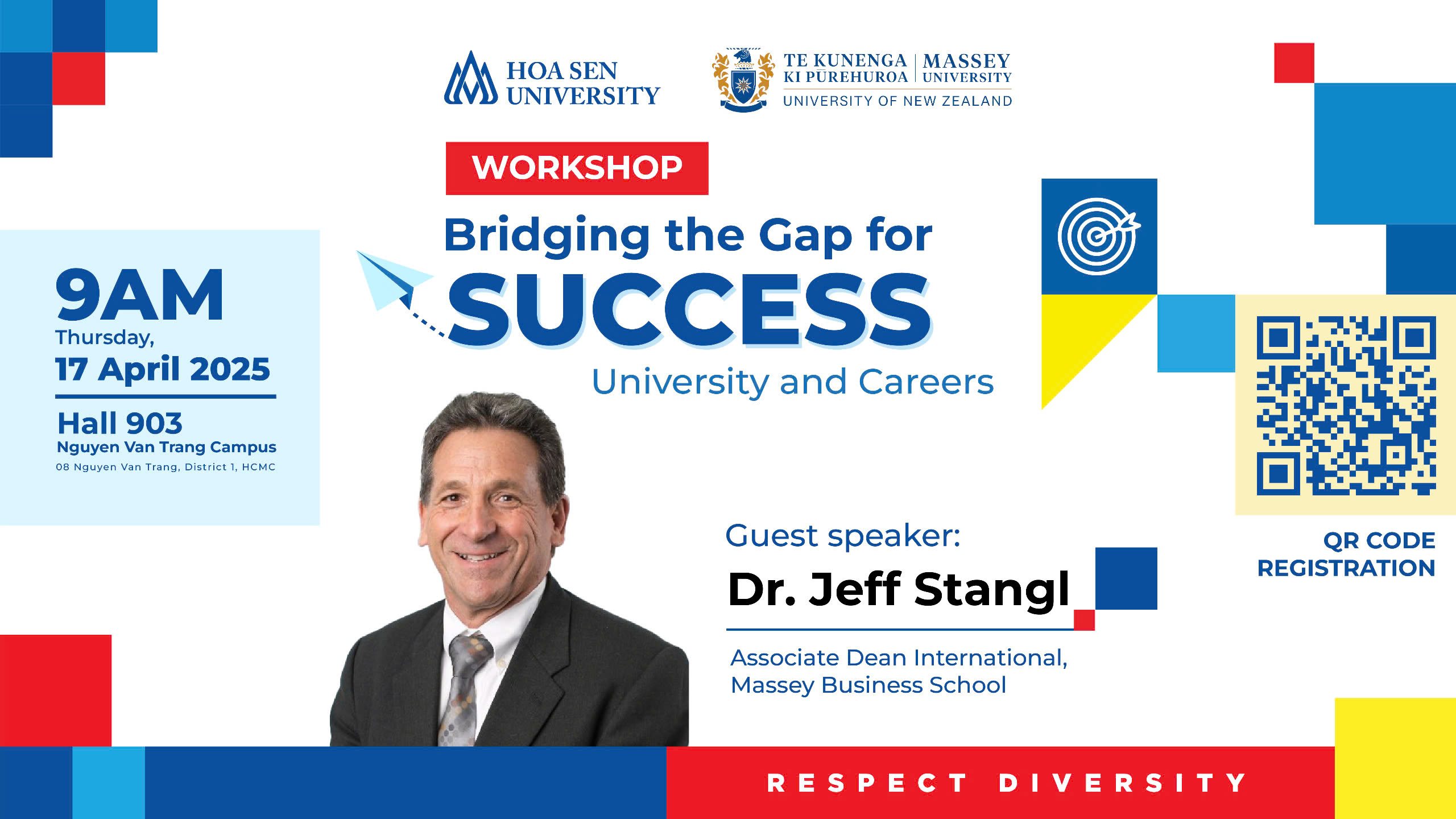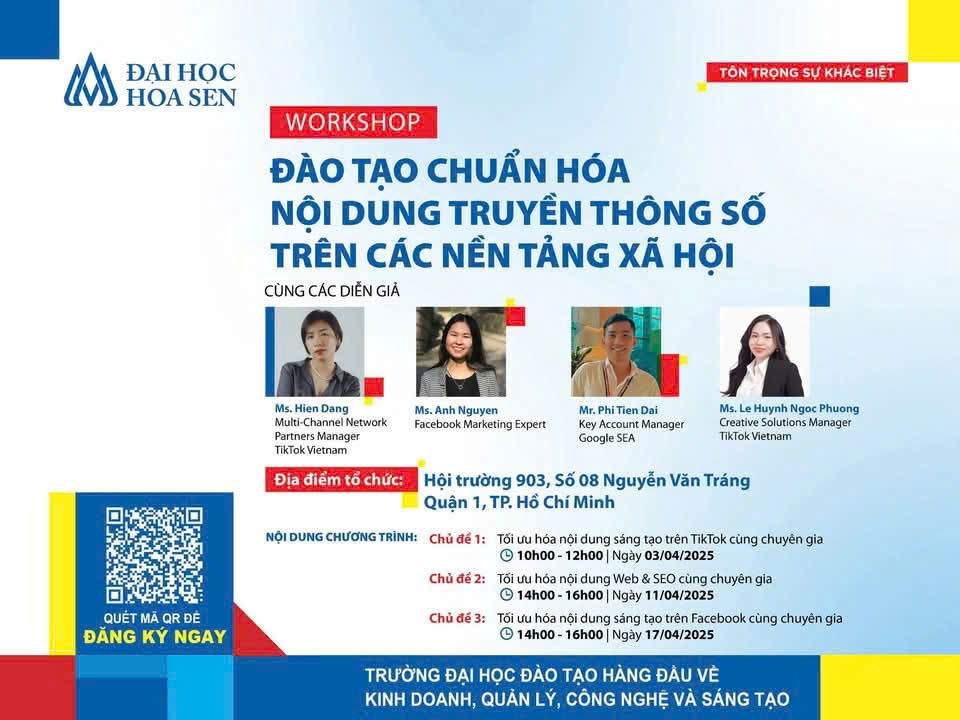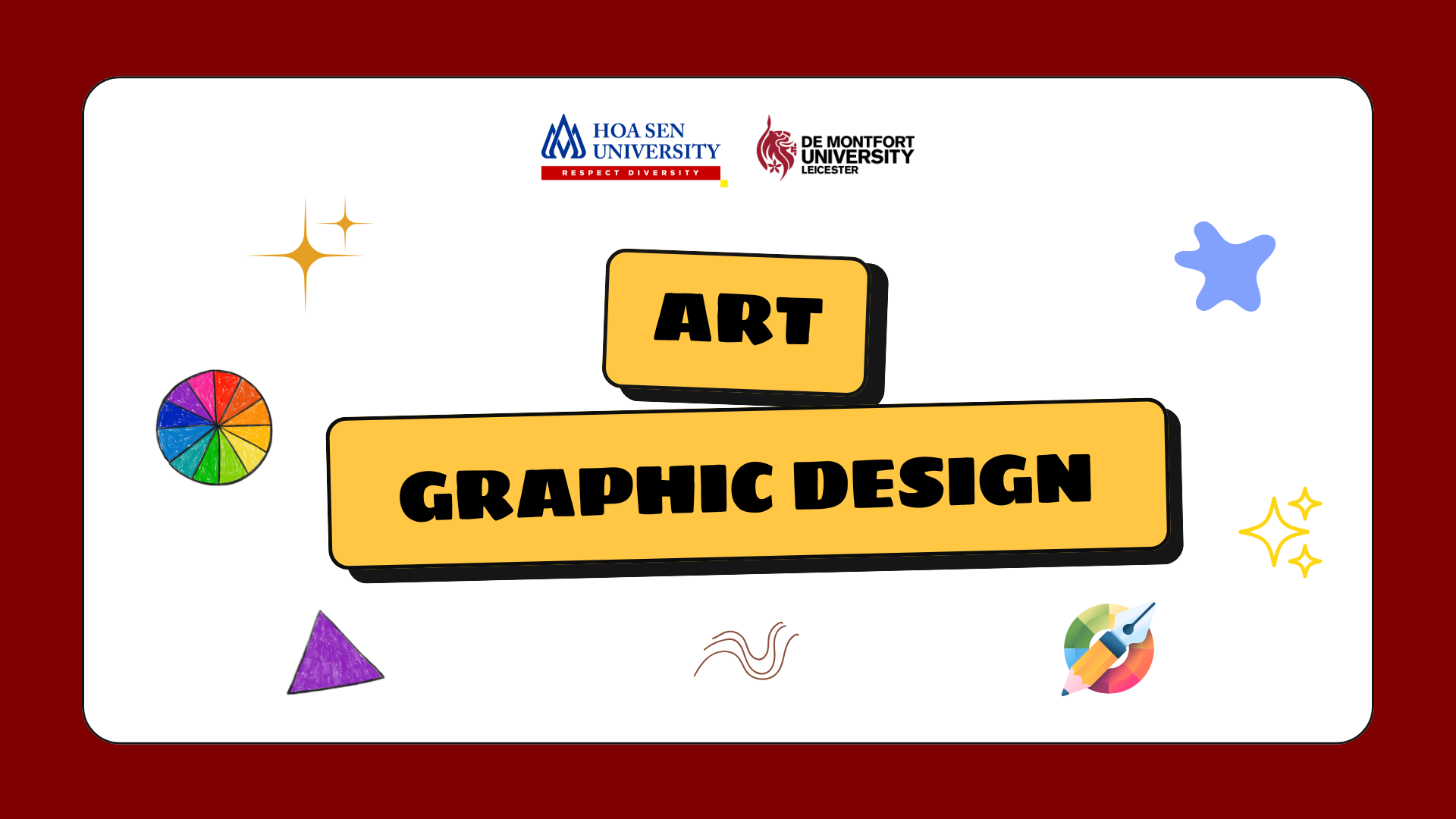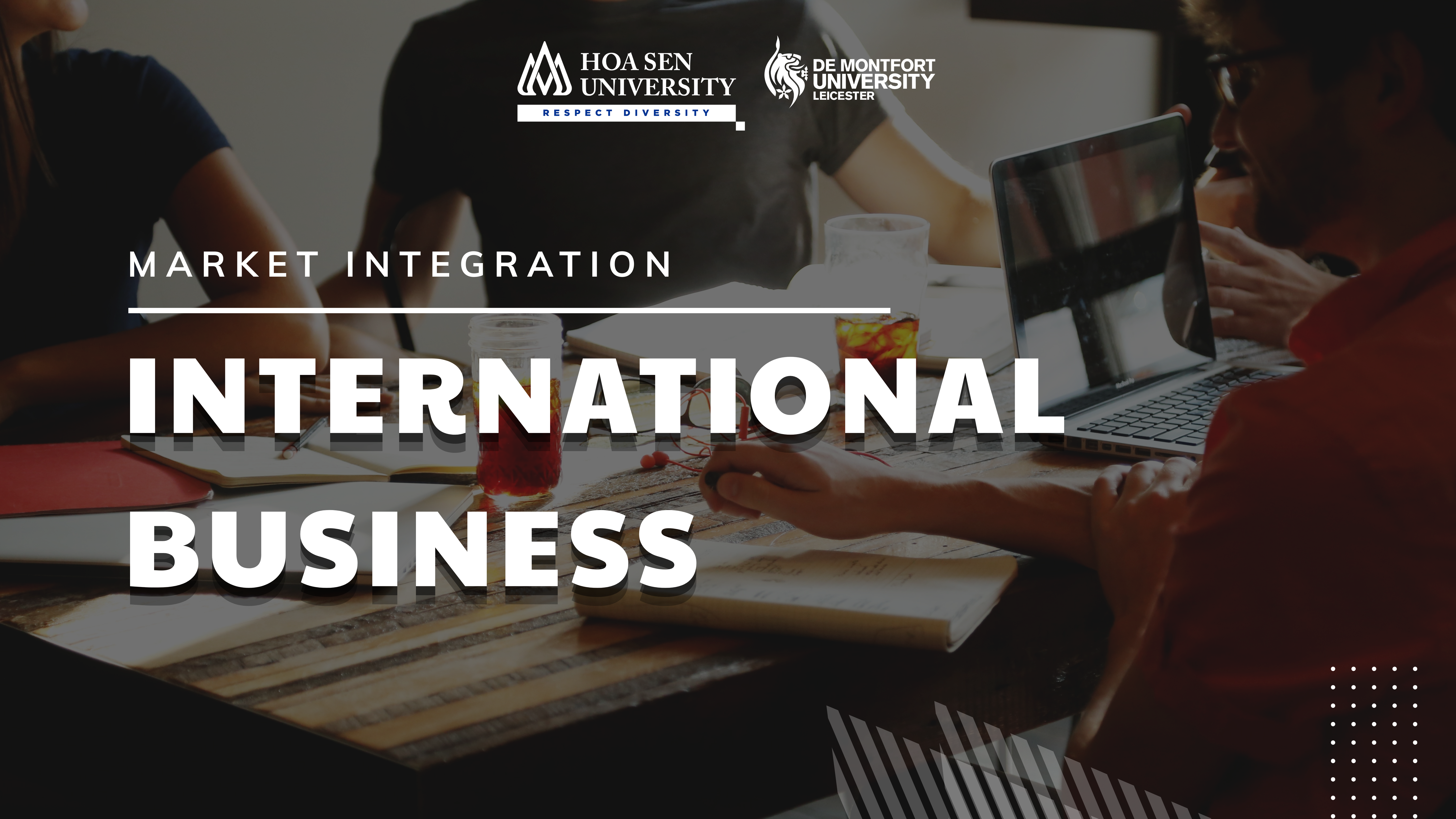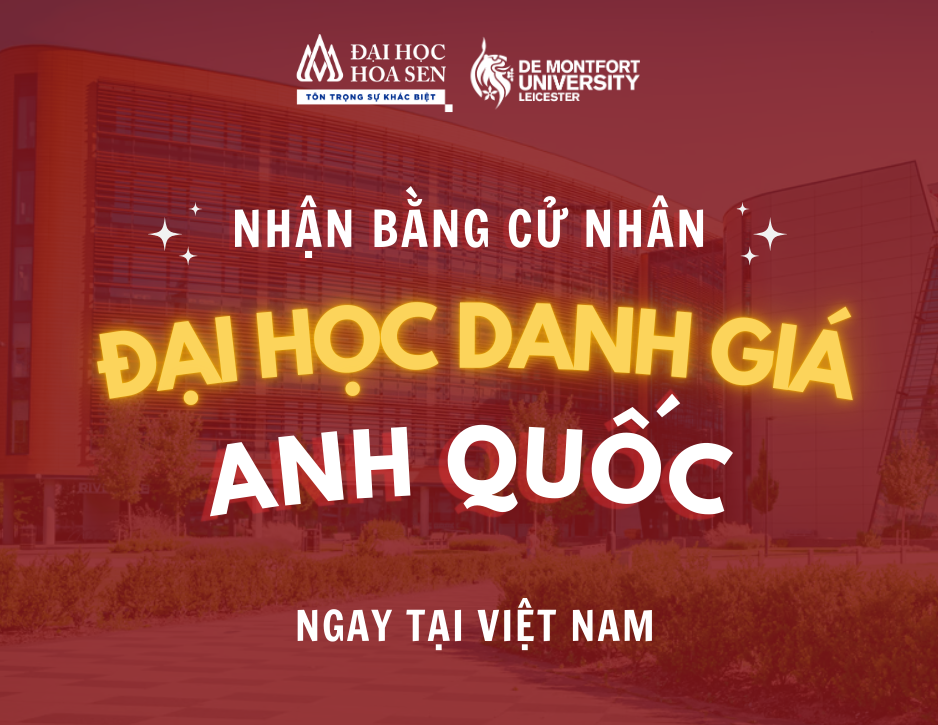ENGLISH PROFICIENCY: A KEY FACTOR IN GLOBAL SUCCESS
Mastering English is a crucial step toward broadening your educational and career prospects. It not only grants you access to global academic materials but also gives you a competitive edge in the international job market. Strong English skills enhance your ability to communicate effectively, adapt to diverse work environments, and develop essential soft skills. Moreover, English serves as a bridge for building global connections, opening doors to collaboration, knowledge exchange, and career advancement—paving the way for sustainable personal and professional growth.
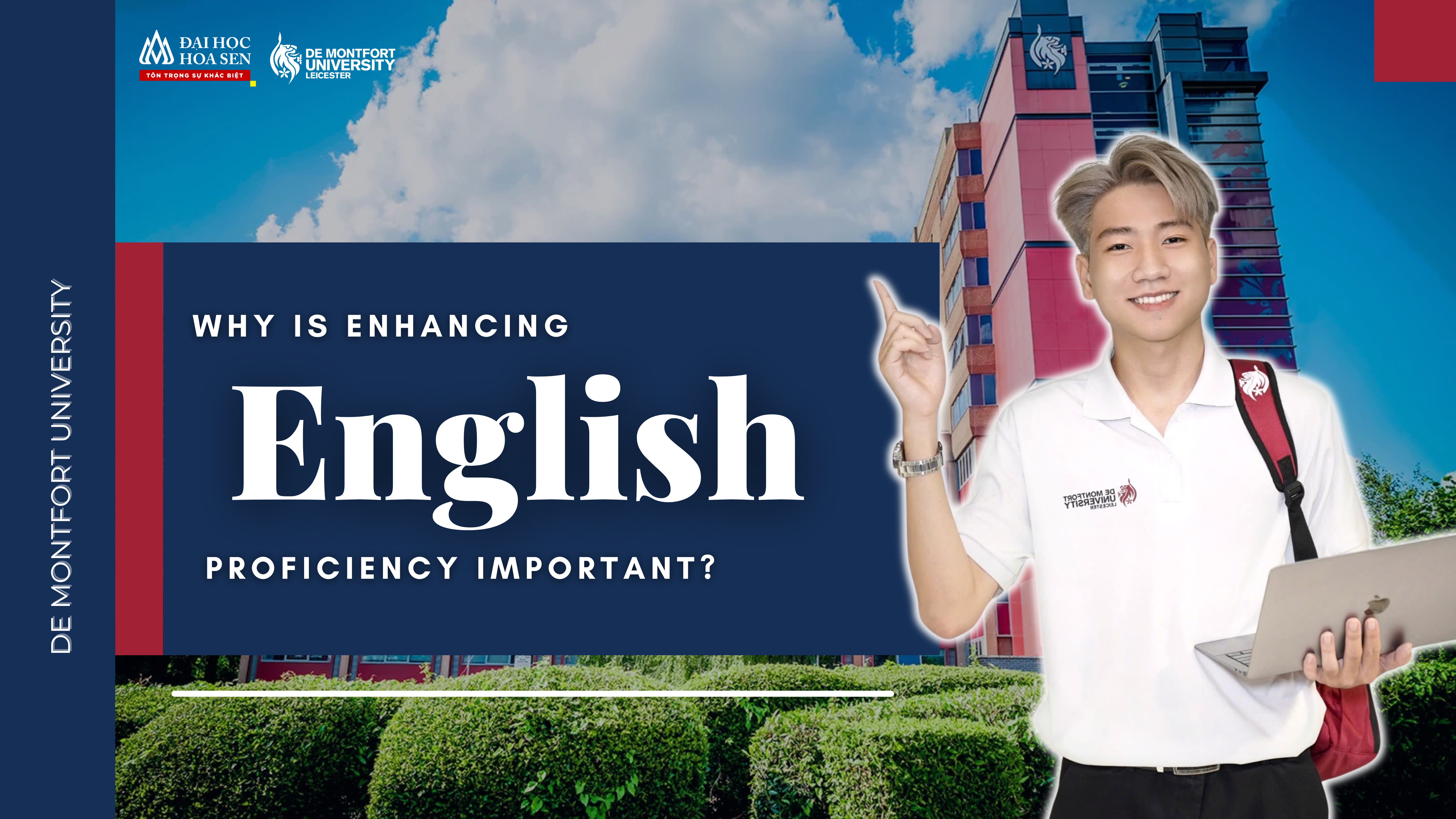
1. Understanding English Proficiency Levels
1.1 English proficiency is classified into six levels according to the CEFR framework:
English proficiency is classified into six levels according to the CEFR framework:
- A1 (Beginner): Enables basic communication in everyday situations.
- A2 (Elementary): Allows comprehension and conversation on simple topics such as family and work.
- B1 (Intermediate): Facilitates participation in discussions on common topics.
- B2 (Upper Intermediate): Enhances the ability to communicate clearly on complex subjects.
- C1 (Advanced): Enables accurate and confident use of English in academic and professional settings.
- C2 (Proficient): The highest level, demonstrating near-native fluency and comprehension of sophisticated texts.
Standardized tests like IELTS, TOEFL, and TOEIC assess English proficiency based on these levels.
2. Why English Proficiency is Essential for Global Success
English is more than just a language; it is the key to unlocking international opportunities. Mastering English empowers students to thrive in global education environments, participate in academic programs, and connect with top minds worldwide. It is a crucial advantage for securing scholarships, applying to multinational corporations, or launching a startup in an increasingly integrated world. Learning English is not just about acquiring a new language—it is about preparing for the future, seizing opportunities, and establishing a global presence.
2.1 Access to World-Class Education
Fluency in English removes barriers to international education, granting access to a wealth of global knowledge, prestigious academic programs, and multicultural learning experiences.
Most scholarship programs, student exchange initiatives, and online courses from renowned educational institutions require English proficiency. Students with strong language skills can easily engage with academic resources, enhance their expertise, and develop critical thinking skills aligned with international standards.
2.2 Confident Communication & Global Recognition
Proficiency in English builds confidence in public speaking, allowing students to articulate their ideas clearly in academic events, conferences, and extracurricular activities. The ability to communicate effectively in English helps students make a positive impression on professors and international peers while fostering collaboration and networking with exceptional individuals worldwide. This is a vital stepping stone for personal and professional growth in an international environment.
2.3 Global Career Opportunities After Graduation
English is a gateway to exciting career prospects at multinational corporations. In today’s highly competitive job market, candidates with strong English skills stand out and have greater opportunities for career advancement. Mastering the language enables students to secure positions in prestigious organizations, both domestically and internationally, expanding their career horizons across borders.
3. How to Improve Your English Proficiency?
- Daily Vocabulary & Grammar Practice: Use flashcards or apps like Anki and Quizlet to retain new words and review grammar rules.
- Listening & Watching English Content: Engage with movies, YouTube videos, and podcasts like TED Talks and The English We Speak to enhance listening skills.
- Joining English Clubs & Study Groups: Regular speaking practice boosts confidence and communication skills.
- Reading English Books & Articles: Start with short stories and gradually progress to magazines and academic materials.
- Writing Exercises: Keep a journal, write essays, or maintain a personal blog in English to improve writing skills.
- Using Technology for Learning: Platforms like Duolingo, ELSA Speak, and Babbel provide convenient self-study options.
- Enrolling in Intensive Courses: Sign up for reputable language programs or international study programs to develop all four skills comprehensively.
4. English Integration: The Perfect Stepping Stone to the Hoa Sen – De Montfort Program
The Hoa Sen – De Montfort international program offers the English Integration course for students who do not yet meet the required English entry level. This course serves as a crucial foundation, helping students strengthen their language skills and build the confidence needed to transition into the official curriculum successfully.
Through modern teaching methods and a structured learning pathway, the program develops proficiency in listening, speaking, reading, and writing, ensuring students are well-prepared for international academic environments.
Beyond language acquisition, students also develop essential skills such as critical thinking, teamwork, and in-depth research, equipping them for the global job market. Additionally, the program offers exciting opportunities for student exchanges, credit transfers, and internationally recognized degrees, helping students seamlessly integrate into the global workforce. Ready to take the next step? Register now and unlock your future!
Read more:
What Is Transnational Education? Discover De Montfort University – HSU Vietnam
AI in Education: More Effective Way to Study
Studying in the UK Without Going Abroad: Is It True?
——————————————–
CONSULTATION CONTACT: De Montfort University – HSU Vietnam (Institute of International Education)
Apply online here
Register for consultation here
Phone: 028 7309 1991 (Ext: 4792)
Hotline: 0888 275 276
Email: demontfort@hoasen.edu.vn
Website: www.hoasen.edu.vn/demontfort/
